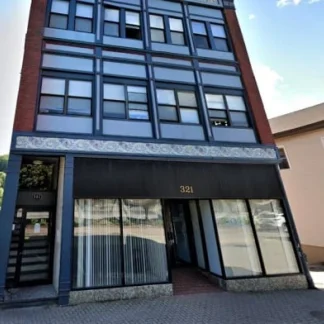Joshua Center Thames Valley
Joshua Center Thames Valley is a private rehab located in Norwich, Connecticut. ...
Southeastern Council on Alcoholism and Drug Dependence – Outpatient Program is a non-profit rehab located in Norwich, Connecticut. Southeastern Council on Alcoholism and Drug Dependence – Outpatient Program specializes in the treatment of alcoholism, drug addiction, opioid addiction, and substance abuse.
Contact us for more information: (860) 889-3178

Connect with Southeastern Council on Alcoholism and Drug Dependence - Outpatient Program by calling their admissions team directly.
(860) 889-3178 Website Get DirectionsGroup therapy is any therapeutic work that happens in a group (not one-on-one). There are a number of different group therapy modalities, including support groups, experiential therapy, psycho-education, and more. Group therapy involves treatment as well as processing interaction between group members.
In individual therapy, a patient meets one-on-one with a trained psychologist or counselor. Therapy is a pivotal part of effective substance abuse treatment, as it often covers root causes of addiction, including challenges faced by the patient in their social, family, and work/school life.
In individual therapy, a patient meets one-on-one with a trained psychologist or counselor. Therapy is a pivotal part of effective substance abuse treatment, as it often covers root causes of addiction, including challenges faced by the patient in their social, family, and work/school life.
Joshua Center Thames Valley is a private rehab located in Norwich, Connecticut. ...
Southeastern Mental Health Authority is a public rehab located in Norwich, Conne...
Backus Center for Mental Health is a drug and alcohol rehab and medical facility...
Catholic Charities - Behavioral Health Clinic provides treatment for problems re...